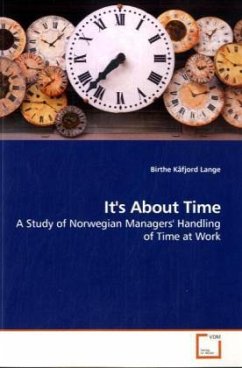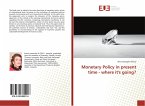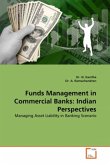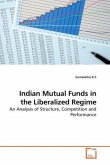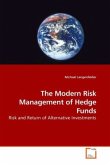This study investigates the performance of the
weight optimization by comparing the performance of
the portfolios of fund of funds (FoF) constructed by
the Markowitz Mean-Variance (MV) model or Genetic
Algorithm (GA) to that of S&P 500 and that of equal
weight portfolio of Mutual funds. The chosen target
funds are denominated in U.S. dollar or euros, and
are chosen from the European market, United European
market, Emerging market, Pacific market, South Asia
market, Asia Pacific Zone market, American market,
and Global market. The study period started on
February 1, 1998 and ended on December 1, 2006.
In this thesis, we test whether the Genetic
Algorithm can beat the traditional Markowitz Mean-
Variance model or not. At last, we get some results
from empirical evidence. First, the Genetic
Algorithm model performs better than the Markowitz
Mean-Variance in performance measures of Sharpe,
Treynor and Jensen s alpha. Second, both the
Markowitz Mean-Variance model and Genetic Algorithm
can beat the equal weight portfolios. Finally, the
Markowitz Mean-Variance model and the Genetic
Algorithm are not better than market index
significantly.
weight optimization by comparing the performance of
the portfolios of fund of funds (FoF) constructed by
the Markowitz Mean-Variance (MV) model or Genetic
Algorithm (GA) to that of S&P 500 and that of equal
weight portfolio of Mutual funds. The chosen target
funds are denominated in U.S. dollar or euros, and
are chosen from the European market, United European
market, Emerging market, Pacific market, South Asia
market, Asia Pacific Zone market, American market,
and Global market. The study period started on
February 1, 1998 and ended on December 1, 2006.
In this thesis, we test whether the Genetic
Algorithm can beat the traditional Markowitz Mean-
Variance model or not. At last, we get some results
from empirical evidence. First, the Genetic
Algorithm model performs better than the Markowitz
Mean-Variance in performance measures of Sharpe,
Treynor and Jensen s alpha. Second, both the
Markowitz Mean-Variance model and Genetic Algorithm
can beat the equal weight portfolios. Finally, the
Markowitz Mean-Variance model and the Genetic
Algorithm are not better than market index
significantly.



